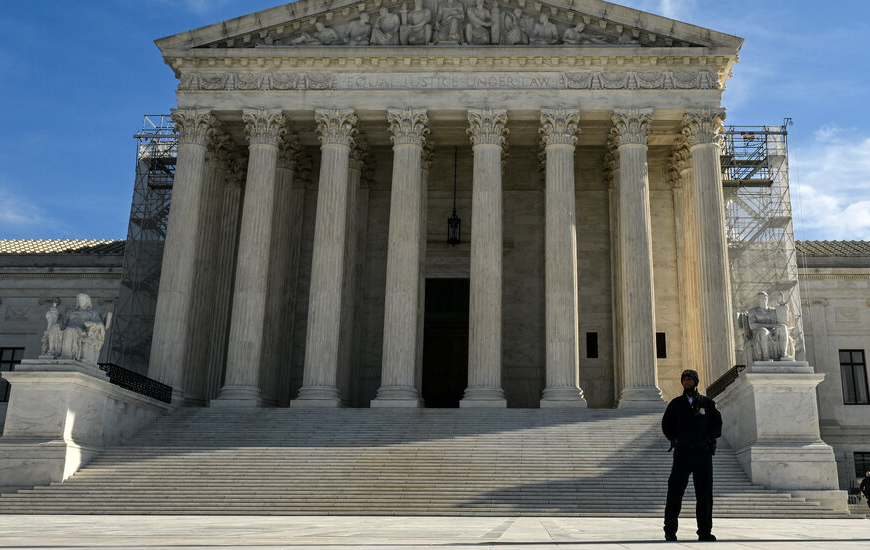The Supreme Court on Thursday rejected one of the primary ways the Securities and Exchange Commission enforces rules against securities fraud, likely also making it harder for other regulatory agencies to bring enforcement actions.
The S.E.C., like other regulators, sometimes enforces its regulations and imposes penalties using in-house tribunals without juries rather than federal courts. Chief Justice John G. Roberts Jr., writing for a six-justice conservative majority, said that practice violated the Seventh Amendment right to a jury trial.
“A defendant facing a fraud suit has the right to be tried by a jury of his peers before a neutral adjudicator,” the chief justice wrote.
The decision in the case divided along ideological lines. Justice Sonia Sotomayor, joined by Justices Elena Kagan and Ketanji Brown Jackson, dissented, accusing the majority of upending “longstanding precedent” to cut back on the authority of administrative agencies.
The so-called administrative state is how American society imposes rules on powerful business interests. Congress has passed laws to broadly govern various sectors of the economy — like barring publicly traded companies from defrauding investors or limiting how much factories may pollute the air or water — and created agencies of technocratic experts to carry out those statutes by crafting detailed regulations and then enforcing them.
Many of those agencies bring enforcement actions against violators using in-house proceedings with administrative judges who can impose fines and other financial punishments. During arguments, lawyers for the S.E.C. warned that some two dozen other agencies could be affected if the Supreme Court ruled against its practice of doing so.







